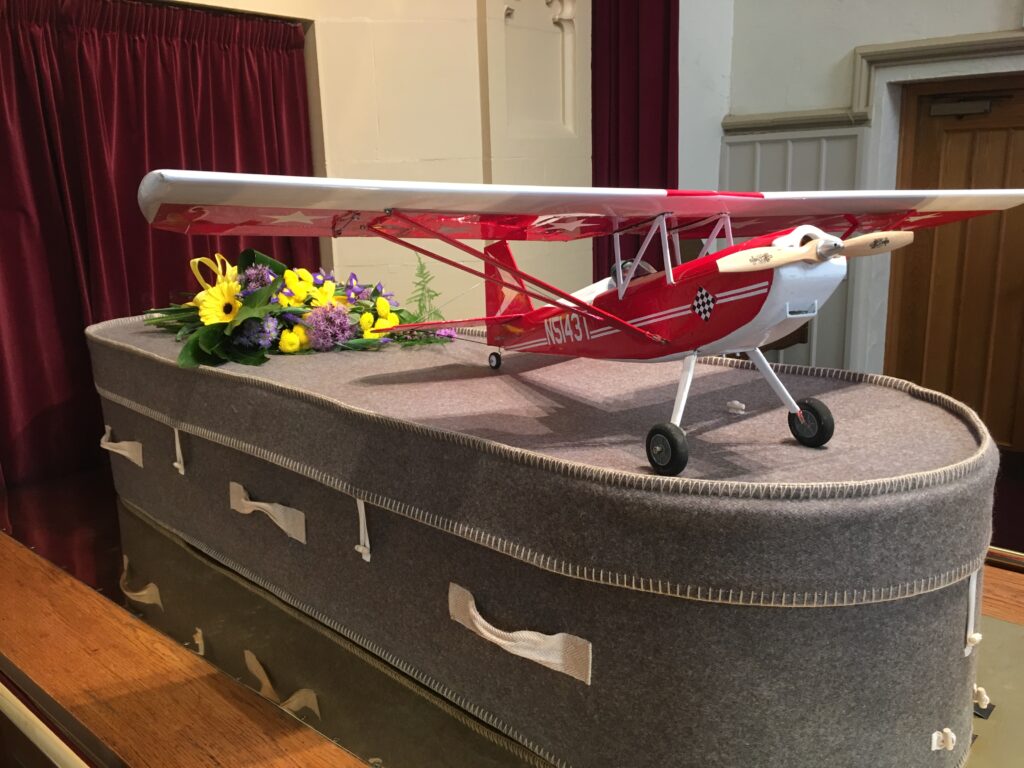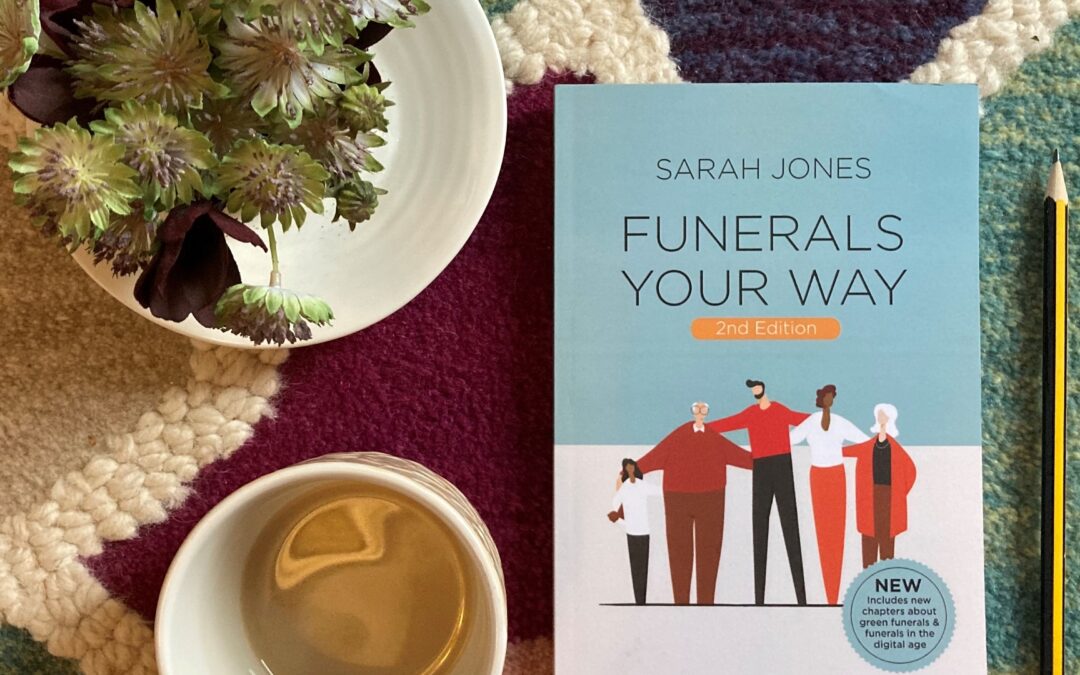A funeral director’s role has traditionally been shrouded in mystery but I am very passionate about
throwing open the doors and sharing our own experiences of what life as a funeral director in 2021
is really like.
By talking openly about our work, I hope to make it easier for people to talk about their own
funerals, to think more deeply about the choices they might want to make for their funeral or
someone else’s and to encourage new people into the profession.
I believe there are 6 aspects to our role. However, I must caveat this by pointing out that everything
the UK funeral industry is unregulated and there are no minimum standards. Every funeral director
ca choose to operate in their own way and the experiences here are based on my own experience as
a modern funeral director and founder of Full Circle Funerals.
If you would like to know more about us, and our services then this is a good place to start.

1) Caring for people who have died
When someone dies, we go to the place where they died to collect their body and bring them into
our care. Usually we will keep them with us until the funeral takes place. If the person has left
wishes requesting it, or if their family has asked us to, we will carry out specific care such as dressing
them in chosen clothes and tending to their hair. This is done in a very respectful way and always
following the wishes of the person or their family.
2) Helping people arrange a funeral
A large proportion of our time is spent with people who are making funeral arrangements. We help
them understand what is possible and then support them to work out what works best for them.
The starting point is talking through what is important to the person who has died and their family
and friends. We can expand on these ideas by structuring the decisions that need to be made and
sharing ideas. We can research ideas and options for them so that they can plan the type of funeral
they would like.
3) The funeral itself
We pull everything together to make sure everything is in place for the funeral and all the necessary
paperwork has been done. We’ll keep in touch with churches, crematoria, ministers and celebrants
in the run up to the day. On the day of the funeral itself, we make sure everything runs like
clockwork, even if something unexpected happens.
4) Post-funeral support
Our job continues after the funeral as we make ourselves available to support people who have
been bereaved in lots of different ways. This may include making arrangements for them to collect
ashes and scatter them or helping them to decide whether there are any rituals, activities or events
they would like to consider to remember the person who has died. This period is incredibly
important and can make a very positive impact on long term wellbeing. We host a peer
bereavement group where people can support one another through their grief should they choose
to do so.
5) Sharing knowledge
We encourage open conversations about death and funerals. This includes talking about funeral
choices and how funerals costs are calculated. We believe that sharing this information in a gentle
way at a time before people are faced with planning a funeral allows them to absorb this knowledge
and use it when they need to make many funeral decisions in a relatively short space of time. We
have written a book Funerals Your Way to help people understand the choices available to them.
6) Working in the community
As funeral directors, we are very aware of our important role in the communities where we operate.
We do what we can to understand what individuals, groups and organisations are doing to help
people who are bereaved or at the end of their lives. We provide support and share information
where we can. This can take many different forms, but the key is that is it driven by the needs of the
community that we are in.

© Sarah Jones, Full Circle Funerals

